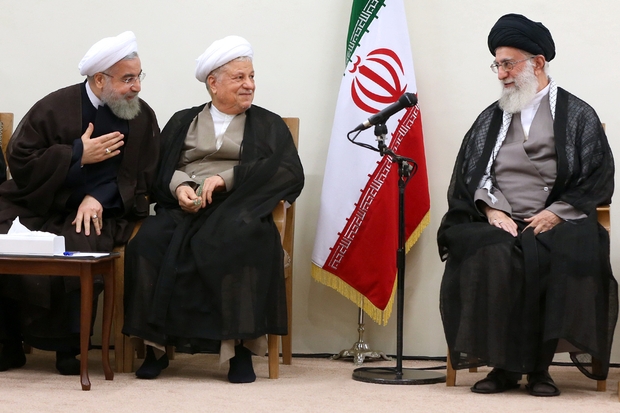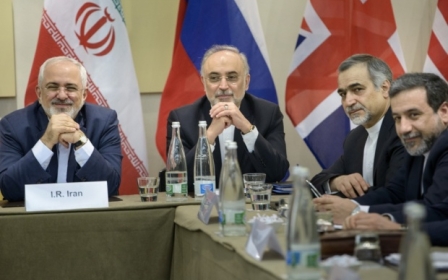White House delays plans to hit Iran with new sanctions: Report

The White House has delayed plans to slap new sanctions on Iran over its ballistic missile programme, a US news report said Thursday, amid fears they could jeopordise the hard-worn nuclear deal with Tehran.
Such a move would be the first US sanctions against Iran since Tehran signed a nuclear deal with world powers in July that is intended should eventually see Washington drop separate sanctions targeting that programme.
The Wall Street Journal, quoting unnamed US officials, said that financial sanctions being developed by the US Treasury Department remain on the table after the decision to delay them.
Under the planned restrictions, US or foreign nationals would be barred from doing business with firms and people in the networks related to Tehran's ballistic missile programme. US banks would also freeze any US-held assets.
US officials told the Journal that the Treasury Department maintains the right to sanction Iranian entities allegedly involved in missile development, or those that support rights abuses or international terrorism.
Iran has test-fired two ballistic missiles since the July accord, officials told the Journal. Iran says its missile programme is only for defence purposes.
At one point they were scheduled to be announced Wednesday in Washington, the newspaper said, citing a notification the White House sent to Congress.
The officials gave no definitive timeline for when the sanctions would be imposed, it said.
The WSJ reported on Wednesday that the US was preparing fresh sanctions against companies and individuals in Iran, Hong Kong and the United Arab Emirates over alleged links to Tehran's ballistic missile programme.
Such a step by the Treasury Department could present a major barrier to the nuclear deal's implementation, let alone its durability, and lead to relations between Tehran and Washington deteriorating once more.
A senior administration official said in a statement to AFP that "we've been looking for some time at options for additional actions related to Iran's ballistic missile programme".
"We are considering various aspects related to additional designations, as well as evolving diplomatic work that is consistent with our national security interests."
Earlier on Thursday, Iran's President Hassan Rouhani denounced the possible new US penalties, calling them "hostile and illegal interventions" that justified a response.
In the five months since the nuclear deal curtailing Tehran's nuclear ambitions was struck, US officials say, Iran has conducted two ballistic missile tests, one of which state media reported at the time, on 11 October.
New MEE newsletter: Jerusalem Dispatch
Sign up to get the latest insights and analysis on Israel-Palestine, alongside Turkey Unpacked and other MEE newsletters
Middle East Eye delivers independent and unrivalled coverage and analysis of the Middle East, North Africa and beyond. To learn more about republishing this content and the associated fees, please fill out this form. More about MEE can be found here.




